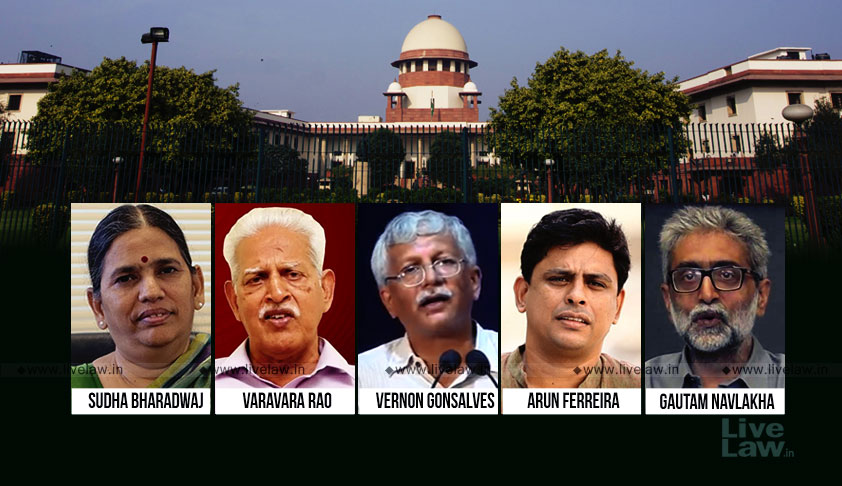Right To Associate With Those Charged With Heinous Offences: Legislators And the Rest
LIVELAW NEWS NETWORK
2 Oct 2018 12:20 PM IST

Next Story
2 Oct 2018 12:20 PM IST
Last week’s spate of landmark judgments from the Supreme Court made a prominent judicial functionary remark at a public forum that we were in the midst of “mood swings”, and that we were unable to understand whether what happened the previous day was indeed true.His reference to the Rashomon effect in a different context, made one not to miss its analogy with the judgments themselves...
